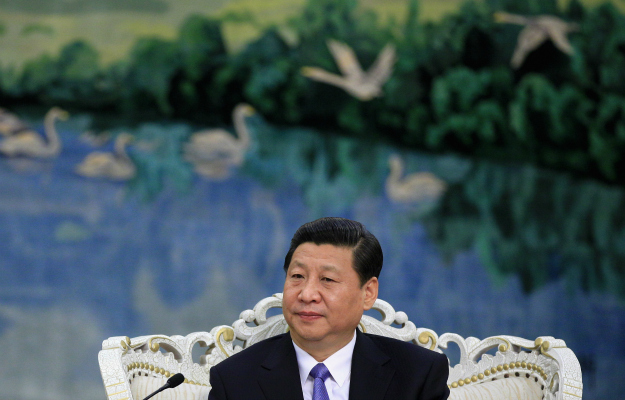The debate concerning Xi Jinping’s capability and willingness to bring about reform in China comes as the CCP is witnessing a clear division in ideological orientation. While he has signaled a commitment to economic reform, recent moves by the president to bolster party legitimacy seem to suggest an unwillingness toward political reform, and have been characterized as his drawing upon the “legacy of the late Mao Zedong for inspiration.” With former Chongqing party chief Bo Xilai—once a heralded hero of Maoist revivalism in China—set to begin his corruption trial this week, the Wall Street Journal notes similarities between the ideological leanings and leadership strategies of China’s highest-ranking party official and its furthest fallen:
The Chinese president’s Maoist leanings have dismayed many advocates of political reform, who hoped that Mr. Bo’s downfall signaled a repudiation of his autocratic leadership style and might lead to a strengthening of the rule of law and other limits on party power.
But Mr. Xi’s recent record has delighted and emboldened many former Bo supporters who advocate stronger, centralized leadership as the solution to the country’s problems.
[…]Mr. Xi’s use of Maoist imagery, rhetoric and strategy sets him apart from his two predecessors—who both emphasized collective leadership—and suggests to many party insiders that he won’t pursue meaningful political reform during the 10 years he is expected to stay in power.
In fact, he appears to be doubling down on China’s authoritarian political model, while borrowing elements of Mr. Bo’s Maoist revivalism and media-savvy politics to boost his own stature and revive public support for the party, according to political insiders and analysts. […][Source]
Also see prior CDT coverage of ideology and political reform.








